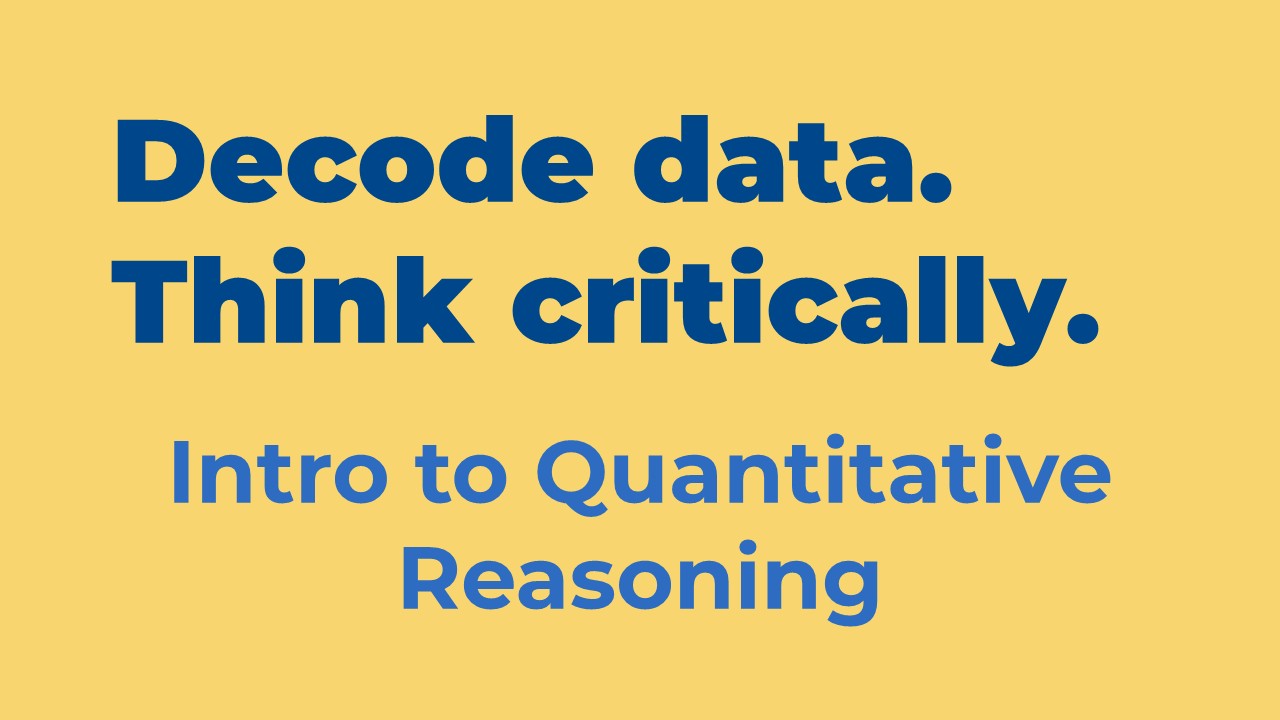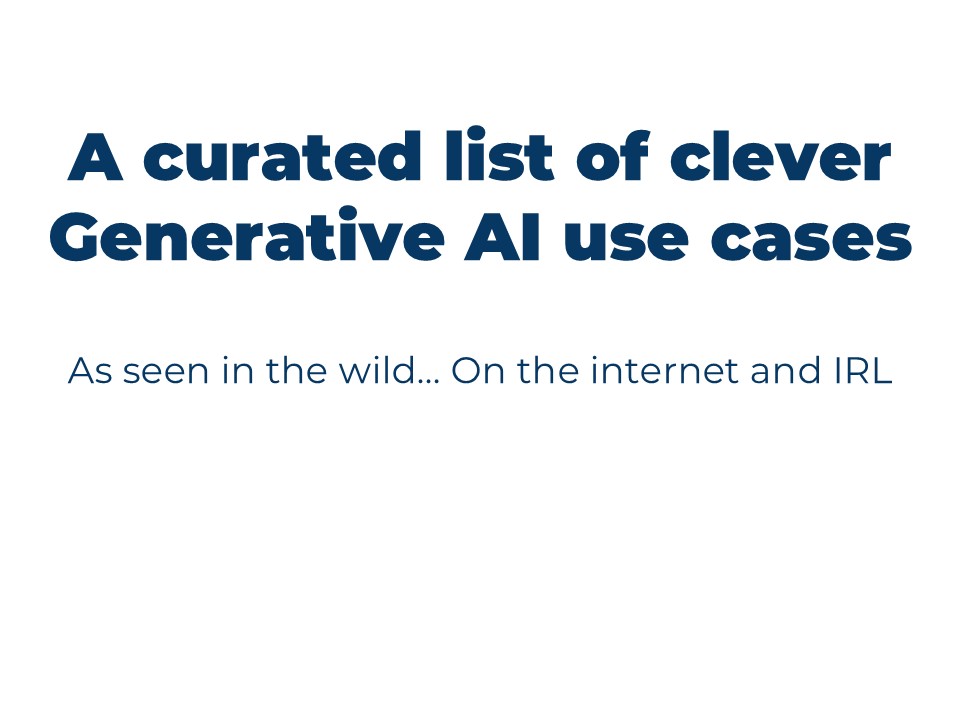My work leverages machine learning and econometric techniques to address two critical global challenges:
climate change and illicit finance. By training, I am a political economist and statistician: I use innovative quantitative techniques and methods from statistical data science to answer questions about pressing socio-economic problems. I was most recently a Postdoctoral Fellow with the
Climate Solutions Lab and the
Rhodes Center for International Economics and Finance at the Watson Institute for International and Public Affairs at Brown University, where I concentrated on how to catalyze private sector investment for a greener future.
My research explores the interplay between
money, markets, and public policy, whether it's paying for climate action or the shadowy realm of illicit economies. In the area of climate finance, I analyze market-driven solutions to climate change, such as carbon taxes and novel financing mechanisms. Conversely, my work on illicit finance reveals the darker side of markets, shedding light on the impact of money laundering and financial secrecy on the sustainable development of emerging economies. My work in this space is similar to
investigative statistics: it involves finding statistical evidence of illicit activity in economic data, behavior that, by definition, seeks to remain hidden.
I am a leader in the emerging field of
climate change and artificial intelligence: contributing to sustainability projects in climate tech as a lead machine learning engineer, speaking on the role of AI in the low-carbon economy, and serving as a jury member for various AI competitions.
With a track record of
publications in scientific journals and
high-level political advisory work, my contributions bridge the gap between research and policy. My specialty is combining quantitative research with pragmatic policy proposals and designing intuitive tools to aid decision-making. My work has been sought after by international organizations including the United Nations, the
Tax Justice Network, and the
Business & Sustainable Development Commission. For the
United Nations Economic Commission for Africa, I spearheaded their estimates of illicit trade, a key component in understanding the financial outflows from the continent.
I obtained my PhD in
Environmental Science and Management at the University of California Santa Barbara, where I developed a methodological toolkit to analyze complex policy problems. While I was at UCSB, I was affiliated with the
ENVENT and the
Conservation Economics labs.
Prior to my PhD, I was a researcher at the leading development economics think tank
Center for Global Development for several years, where I built and developed a simulation tool for policy-makers, available as an interactive website at
SkyShares, which computes the environmental and economic costs of various climate agreements. I have also worked for the African Secretariat of
ICLEI – Local Governments for Sustainability in Cape Town.
Interdisciplinarity and multiculturalism are the defining features of my career. My training spans various disciplines, having obtained an MA in
Statistics from UCSB, an MSc in
Economic History from the London School of Economics, and an MSc in Economics and Public Policy from
Sciences Po Paris and
École Polytechnique. I earned a First Class Honours BA in
European Social and Political Studies from University College London. This educational journey mirrors my international upbringing in Taiwan, Abu Dhabi, and Spain.
Fluent in three languages (and several programming ones), I distinguish myself by contributing to various disciplines at the highest level, both in academia and policy, and by my ability to
make complex topics accessible to diverse audiences. I excel at translating concepts and ideas across topics to engage and connect with diverse groups. My teaching stints at UCSB were particularly rewarding, receiving
enthusiastic feedback.
A cornerstone of my career is
integrating methodological rigor and highly technical skills with deep substantive expertise in environmental policy and development finance. Currently, I am seeking opportunities at the nexus of AI and climate change where I can utilize those skills and lean on my extensive policy experience. I'm happiest when I'm coding, so I'm looking for a technical role where I can still contribute to designing, coding, and shipping, while also enabling me to engage in outreach and thought leadership in this space.
I thrive in dynamic environments, having played a key role in establishing the European office of the
Center for Global Development. I'm insatiably curious and continually seek to learn new skills. I like web design, training my German Shepherd
Oso, and indoor gardening (my
portfolio may not reflect all of those interests!).
If this resonates with your team's mission, I'm eager to connect and explore how we can collaborate on innovative AI solutions for addressing climate change. Please feel free to reach out; I'd love to chat!




